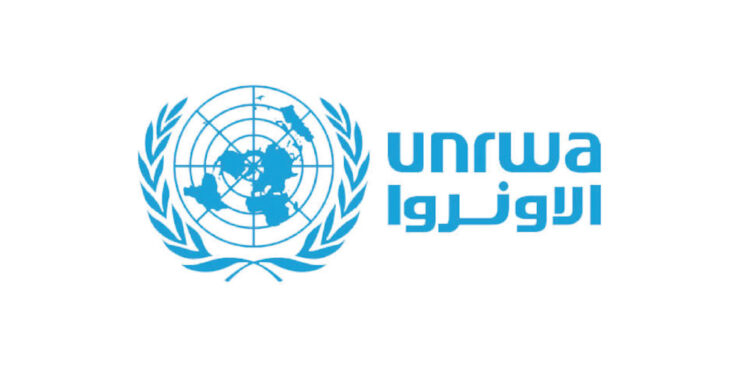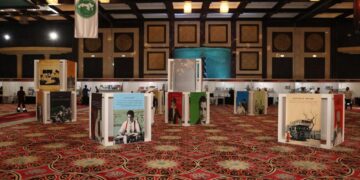Amid the nearly 20-month blockade of the Gaza Strip, the United Nations Relief and Works Agency for Palestine Refugees (UNRWA) has expressed deep concern over the current humanitarian aid distribution system, describing it as “degrading.” In a statement issued Tuesday, UNRWA stressed that aid deliveries to Gaza’s population must be “safe and comprehensive”—and that this can only be achieved through the United Nations, including UNRWA, given its decades of experience and the trust of local communities.
According to official reports from Gaza’s Health Ministry, the death toll from incidents at Israeli-American-run aid distribution centers in southern Gaza has risen to 163 since late May, with nearly 1,500 injured. Additionally, an Israeli airstrike near the Netzarim Corridor in central Gaza on Tuesday morning killed 36 people and wounded more than 200.
UNRWA further stated that the current system forces Palestinians in Gaza to “walk dozens of kilometers on foot,” leaving vulnerable groups and remote areas without basic supplies. This system, it said, is inadequate for effectively addressing Gaza’s hunger crisis.
In this context, UNRWA warned of the dangers of the ongoing emergency and called for lifting the blockade to allow the UN safe and unrestricted aid delivery and distribution. The agency noted that its warehouses outside Gaza hold aid equivalent to 6,000 truckloads—but these supplies risk rotting if transport remains blocked. “Letting food spoil and medicine expire intentionally is a scandal,” the statement read.
Meanwhile, UNRWA pointed out that Israel, on May 27, began implementing a new distribution system through the so-called “Humanitarian Gaza Foundation”—a U.S.- and Israeli-backed project that some Palestinian actors view as an attempt to forcibly displace people from northern to southern Gaza. At the same time, Israel has kept Gaza’s border crossings closed since early March, worsening the supply crisis.
Other humanitarian organizations, such as the International Rescue Committee (IRC), have also raised serious concerns. Kieran Donnelly, IRC’s Vice President for International Programs, stated: “What we’re seeing is chaotic and tragic.” Hundreds of thousands of Palestinians, he said, are forced to fight for meager aid under inhumane conditions. The IRC has 27 tons of aid ready, but Israel continues to deny its entry into Gaza.
The United Nations and numerous NGOs firmly reject cooperation with the “Humanitarian Gaza Foundation,” arguing that it violates core humanitarian principles of neutrality and independence. Instead, they say, the project primarily serves Israeli military objectives rather than urgent civilian needs.
Against this backdrop, fears of famine spreading across Gaza are growing. The population is almost entirely dependent on external aid, yet its distribution remains severely hampered by the blockade and stringent security restrictions.







